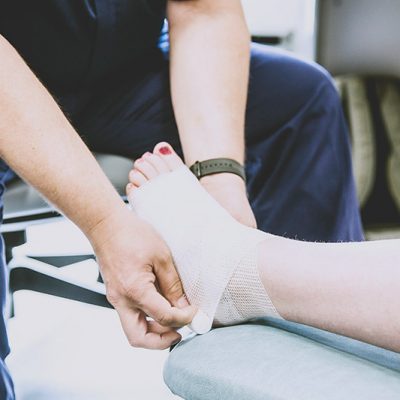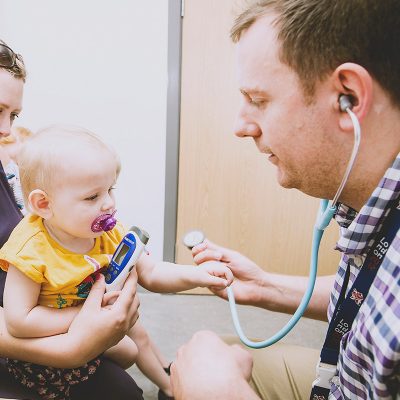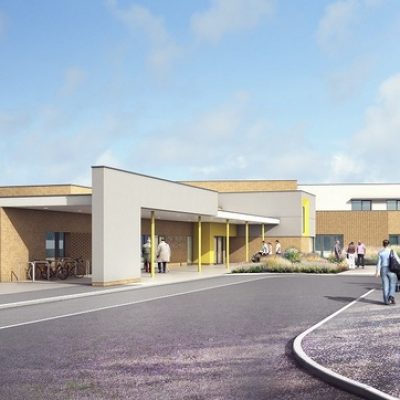How your views have made a difference
Click on the links below to learn about our recent consultations and how we listened to, and acted on what you said. These consultations are now closed but you can still get involved in our work by clicking here.
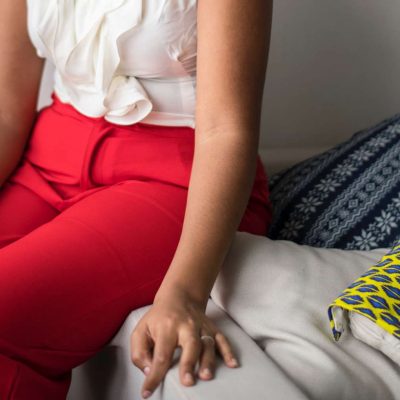
The 28 Day Survey
Working in conjunction with the Hull Health and Wellbeing Board May 2019 saw The 28 Day Survey launched across the city. The survey looked to gain people’s* views around period dignity, based upon evidence that told us up to 3000 people in Hull could be living in what is known as ‘period poverty’ (where they are able to afford sanitary products).
The survey ran for 28 days, the average length of the menstrual cycle, and was completed by nearly 1200 respondents from across the city. The survey showed that around 35% of those completing the survey had struggled to afford sanitary products in the last twelve months. A strong result from the survey was that of ‘embarrassment’ and ‘taboo’ still playing a large part in how people feel about their periods, including talking about them and the stigma attached to them in general.
You can view the full results breakdown and update online here (see item 12).
March 2020 saw Chair of the Hull Health and Wellbeing Board, Councillor Hester Bridges, host a Period Dignity in Action event where representatives from the health, public, education, voluntary and charity sectors were able to join together to begin producing an action plan for the city to become Period Friendly. This looked at how the themes drawn out through the survey could be turned in to tangible actions, such as providing free sanitary products to those in need and opening up conversations around periods to reduce stigma and embarrassment.
This work is ongoing; if you would like to be involved please contact us on HULLCCG.contactus@nhs.net
*The survey looked to gain the views of people who have periods. This included work with local transgender groups and included the use of inclusive language which made the survey accessible to those who do not identify as women, but still have periods.
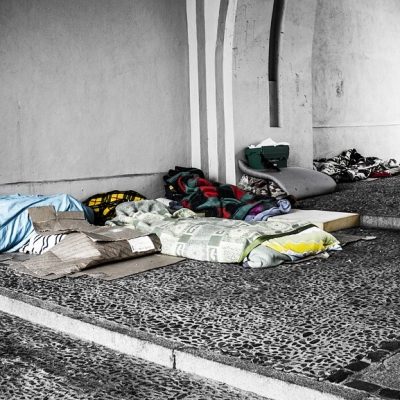
NHS Hull CCG was keen to develop a new model of care to support homeless people when they are discharged from hospital as this had been identified as a particularly difficult time for many and figures showed that homeless people were six times more likely to attend A&E than housed people.
Healthwatch Hull had undertaken some targeted work with people of no fixed abode earlier in the summer of 2018 and one of the areas highlighted for improvement was the hospital discharge process. The CCG used their findings to develop the basis of their engagement work, keen not to be asking the same group of people the same questions but to further build on this work. The Healthwatch Thematic review can be viewed here:
The CCG worked in partnership with a number of voluntary sector organisation in the city to speak to people who are homeless, on the edge of homelessness and those sleeping rough. A questionnaire and a discussion guide were developed for use by these groups who already have trusted relationship with the people we wanted to engage with.
The work was conducted in December 2018 and January 2019, a period of the year when organisations have heightened involvement with homeless communities. They asked about people’s general health and wellbeing, access to services and in particular their experiences of the hospital discharge process.
You can read our engagement report here.
These engagement findings were used to develop a Homeless Discharge Service to ensure continuity of care, after care and support accessing community services.
Our committee report explains more about the proposed service model and how the engagement findings have been used to develop the service specification.
Approval to go out to procurement for this service has been given by NHS Hull CCG Board and by the Integrated Commissioning Committee (Committees in Common) and the relevant report can be found here.
The procurement process is expected to be undertaken in the Spring of 2019.
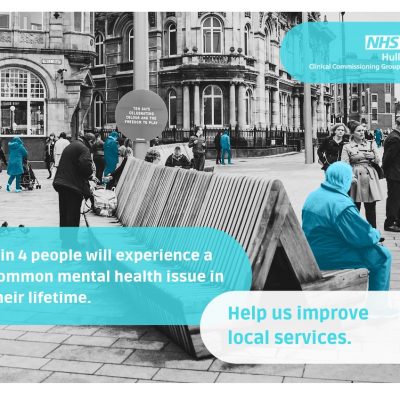
Anxiety and Depression
August – September 2018
Throughout August and September 2018 we asked local people to share their experiences of living with common mental health issues and to comment on their interactions with support services. This has helped to inform our commissioning decisions around the current Depression and Anxiety Service (Let’s Talk). The current service was contracted until the end of September 2019, with an option to extend the contract for a further two years. A comprehensive engagement exercise was conducted with the following groups; existing service users, those who identified has having common mental health issues but not accessing this service and with GPs and health professionals.
Read a summary of our engagement activities here.
After reviewing the engagement work and feedback from our GPs and other professionals, as well as analysing current service performance data, the CCG Board approved the recommendation to exercise the option for a two year extension to the contract and to remodel the current service to address some of the issues raised within the feedback.
This included improved waiting times for assessment and support, review and modify the delivery of stress control, consistency over the number of sessions offered and improved communication between the service and primary care.
The report to the CCG Board can be found here.
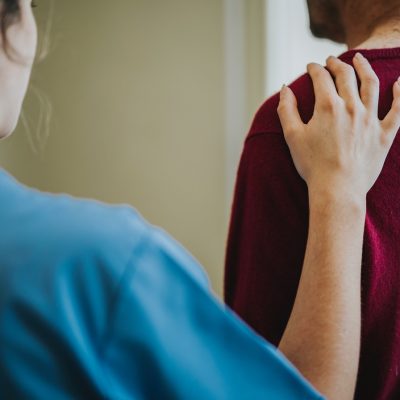
Eating Disorders and Body Image
July – August 2018
Throughout July and August 2018 we engaged with local people living with body images issues in order to inform local Eating Disorder services. The current contract was due to expire 31 March 2019 and the CCG took the decision to undertake a re-procurement of the service.
The engagement exercise was undertaken in July and August 2018 and was aimed at recent users of the service and potential users to look at their experiences of the service; what they value and where they would like to see improvements, any barriers to accessing support, as well as support required by carers and family members of those living with eating disorders. Our Equality Impact Assessment identified that women are more likely to be affected by an eating disorder; however homosexual men are also particularly susceptible to disorders such as bulimia. Due to the sensitivities of this service a targeted social medial campaign supported the engagement work.
You can read our engagement report here.
Utilising the engagement feedback, a model for delivery was developed and a service specification approved by the CCG’s Planning and Commissioning Committee.
The committee paper can be found here.
A full service procurement was undertaken and following the conclusion of this process, the CCG Board was asked to ratify the outcome and award the contract to the successful bidder; City Health Care Partnership.
The Board report can be found here.
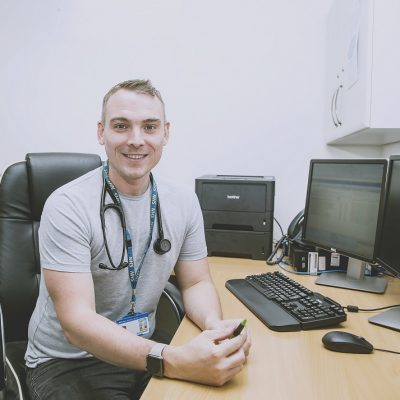
Prior to the launch of extended access to GP services in the evening and over weekends, our consultation asked people about current experience of GP care and preferences for this new service.
During January and February 2018 the CCG carried out patient and public engagement to understand how people currently access primary care and how they may wish to access this in the future. A questionnaire was developed and made available for completion in hard copy and online. The CCG received 1225 completed questionnaires. The results of this questionnaire informed the development of the service specification and will continue to be measured as part of the reporting requirements within the service.
Read the full report here.
A service specification was subsequently draft and approved by the CCG’s Primary Care Commissioning Committee and the supporting report can be read here.
The new service was launched on 1st October 2018, and patients can benefit from being able to book routine primary care appointments in evening and at weekends. You can find out more about the new Access+ service here.
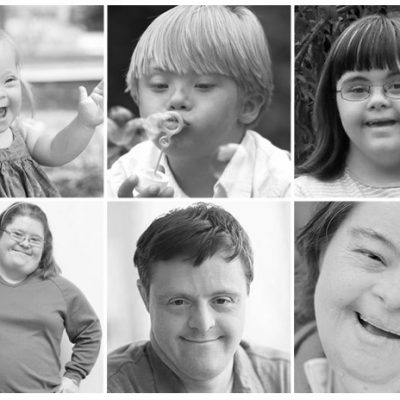
Down Syndrome Care Pathway
May 2018
In close partnership with local people, health & social care services, we have developed a pathway for people living with Down’s Syndrome and their families or carers.
Parents and carers of people who live with Down’s Syndrome fed back to us that that they have not been aware of what services to access and when. As a result some children have slipped through the net for services and support. The care they have received has differed greatly, and they wish to have a consistent approach to referrals and support while maintaining personalisation.
Read more about the co-production and launch of the Down’s Syndrome Care Pathway
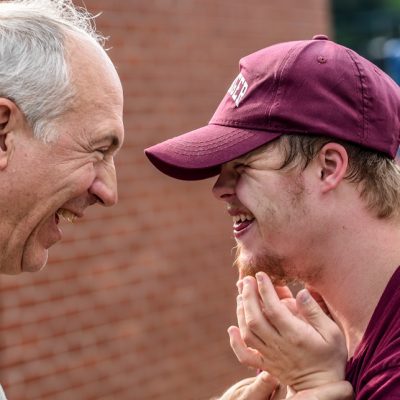
Short Break Services
April 2018
Hull CCG worked alongside Hull City Council to review Short Break services for children and young people with special educational needs or disabilities. Our consultation asked local families about their experiences of current respite care and future preferences for this provision.
Read the Short Break Services engagement report here.
Read the Short Break Services engagement report Appendices here.
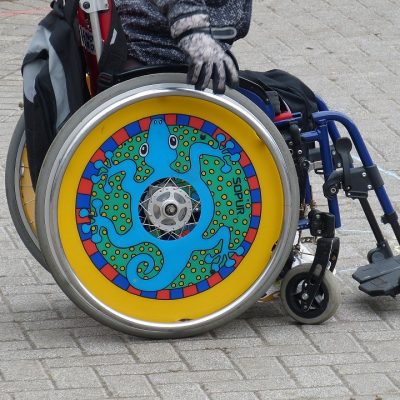
Community Equipment and Wheelchair Service
December 2017
We asked patients, their carers and families about the Community Equipment Service provided by NRS healthcare. What were we doing right and what areas needed to be improved?
See Dylan’s story – an example of how a new Wheelchair can change someone’s life.
LGBT+ Discrimination in Public Services
July 2017
As part of the LGBT 50 celebration, we asked people about their views of discrimination & their experiences of public services in Hull.
Urgent care
August 2016 – November 2016
Feedback about your experience about local urgent care services has helped to develop the Urgent Care Centre. Read more here.
Birth preparation and parent education service
May 2016 – June 2016
We gathered the views of antenatal women and their families to look at commissioning the most suitable service. Click here to read more.
Integrated Care Centre public consultation
26 January 2015 – 19 April 2015
We carried out an extensive public consultation in the early stages to seek patient and public involvement in our plans to develop 21st century health and care facilities for Hull’s older and vulnerable residents. You can read how your input into the public consultation shaped and influenced our plans here.
The Jean Bishop Integrated Care Centre opened in July 2018 and this is the story of one of the first patients Ray.
We continue to engage with patients through the work of our ambassadors and published our Phase I Engagement Findings Summary in November 2018 reported some very positive initial findings.


